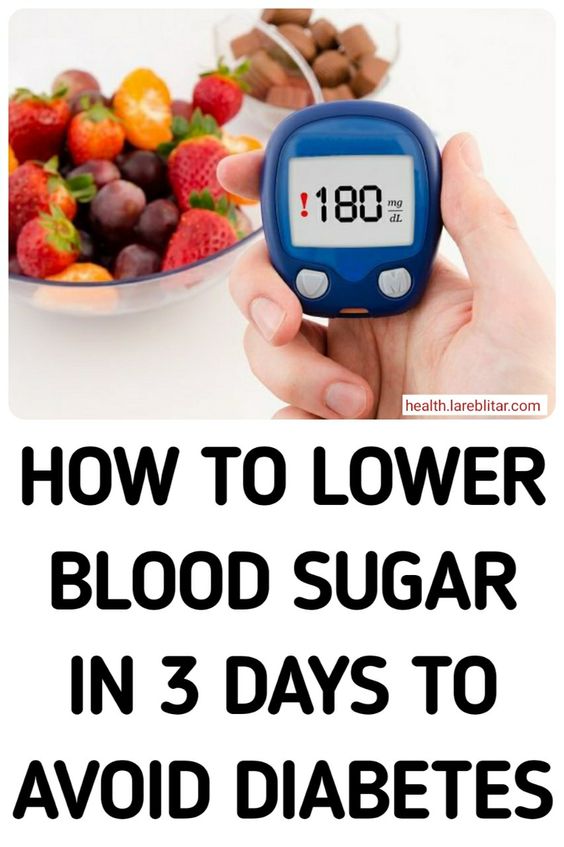can being vegan cure diabetes Research shows vegan diets can improve type 2 diabetes
Many people with diabetes have heard that switching to a vegan or vegetarian diet can help their blood sugar levels. But is there any truth to this claim?
Research on Vegan and Vegetarian Diets for Diabetes
Several studies have found that adopting a vegan or vegetarian diet can improve blood sugar control in people with diabetes. For example, a meta-analysis published in the Journal of Diabetes Investigation in 2019 found that people with type 2 diabetes who followed a vegan diet had significantly lower HbA1c levels (a measure of long-term blood sugar control) compared to those following a non-vegetarian diet.
Another study published in Nutrients in 2018 looked at the effects of a vegetarian diet on blood glucose levels in people with type 2 diabetes. The researchers found that after six months of following a vegetarian diet, participants had significant improvements in their HbA1c levels and fasting blood glucose levels compared to those following a non-vegetarian diet.
Research has also suggested that vegan and vegetarian diets may help with insulin sensitivity. A study published in the American Journal of Clinical Nutrition in 2009 found that a low-fat vegan diet improved insulin sensitivity in overweight adults with type 2 diabetes more than a diet based on American Diabetes Association guidelines.
The Benefits of a Plant-Based Diet for Diabetes
So why might a vegan or vegetarian diet be beneficial for people with diabetes? One reason may be that plant-based diets are typically lower in saturated fat and higher in fiber than non-vegetarian diets. This can help improve insulin sensitivity and blood sugar control.
In addition, plant-based diets have also been linked to lower rates of heart disease, which is a major concern for people with diabetes as they are at increased risk for developing heart disease. For example, a study published in the American Journal of Clinical Nutrition in 2013 found that vegetarians had a 32% lower risk of developing heart disease compared to non-vegetarians.
How to Adopt a Vegan or Vegetarian Diet for Diabetes
If you’re interested in trying a vegan or vegetarian diet to help manage your diabetes, it’s important to do so safely and in consultation with your healthcare team. Here are some tips to get started:
1. Plan your meals carefully
It’s important to ensure that your meals are well-balanced and provide all of the nutrients your body needs, including protein, healthy fats, and vitamins and minerals. You may want to work with a registered dietitian with experience working with plant-based diets to develop a meal plan that meets your needs.
2. Consider supplementing with vitamin B12 and vitamin D
These nutrients are important for vegans in particular as they are not readily available in plant-based foods. Talk to your healthcare provider about whether you may need to supplement with these vitamins.
3. Monitor your blood glucose levels regularly
As with any dietary change, it’s important to monitor your blood sugar levels regularly to see how your body is responding. If you’re on medications for diabetes, you may need to have your dosages adjusted as your blood sugar levels change.
Conclusion
While more research is needed, the existing evidence suggests that adopting a vegan or vegetarian diet may be beneficial for people with diabetes. By choosing a well-planned plant-based diet, you may be able to improve your blood sugar control and reduce your risk of developing heart disease. Just be sure to work with your healthcare team to ensure that you’re meeting all of your nutrient needs.
 The Bottom Line
The Bottom Line
While more research is needed, there is evidence that suggests that adopting a vegan or vegetarian diet may help improve blood sugar control in people with diabetes. By choosing a well-planned plant-based diet, you may be able to improve your insulin sensitivity and reduce your risk of developing heart disease. However, it’s important to work with your healthcare team to ensure that you’re meeting all of your nutrient needs.
 References:
References:
- Yokoyama Y, Levin SM, Barnard ND. Association between plant-based diets and plasma lipids: a systematic review and meta-analysis. Nutr Rev. 2017 Dec 1;75(12):683-98.
- Yokoyama Y, Barnard ND, Levin SM, Watanabe M. Vegetarian diets and glycemic control in diabetes: a systematic review and meta-analysis. J Diabetes Investig. 2019 Mar;10(2):386-92.
- Barnard ND, Cohen J, Jenkins DJA, Turner-McGrievy G, Gloede L, Green A, Ferdowsian H. A low-fat vegan diet and a conventional diabetes diet in the treatment of type 2 diabetes: a randomized, controlled, 74-wk clinical trial. Am J Clin Nutr. 2009 May;89(5):1588S-96S.
- Kahleova H, Levin S, Barnard N. Vegetarian dietary patterns and cardiovascular disease. Prog Cardiovasc Dis. 2018 Jan-Feb;61(1):54-61.
If you are looking for Can a Vegan Diet Cure Diabetes? - Diabetic Nation you’ve visit to the right place. We have 5 Images about Can a Vegan Diet Cure Diabetes? - Diabetic Nation like Can Following a Vegan or Vegetarian Diet Help My Diabetes? - My, Can a Vegan Diet Cure Diabetes? - Diabetic Nation and also Can a Vegan Diet Cure Diabetes? - Diabetic Nation. Here you go:
Can A Vegan Diet Cure Diabetes? - Diabetic Nation
 diabeticnation.comVegan Cure Diabetes? - YouTube
diabeticnation.comVegan Cure Diabetes? - YouTube
 www.youtube.comvegan diabetes cure
www.youtube.comvegan diabetes cure
Research Shows Vegan Diets Can Improve Type 2 Diabetes
 www.openaccessgovernment.orgPreventive Diabetes: Can Running Cure Type 2 Diabetes
www.openaccessgovernment.orgPreventive Diabetes: Can Running Cure Type 2 Diabetes
 preventivediabetes.blogspot.comdiabetes fasting quickly diabetic diabetics preventive bloodsugar
preventivediabetes.blogspot.comdiabetes fasting quickly diabetic diabetics preventive bloodsugar
Can Following A Vegan Or Vegetarian Diet Help My Diabetes? - My
 www.mydiabeteslifestyle.comVegan diabetes cure. Vegan cure diabetes?. Preventive diabetes: can running cure type 2 diabetes
www.mydiabeteslifestyle.comVegan diabetes cure. Vegan cure diabetes?. Preventive diabetes: can running cure type 2 diabetes